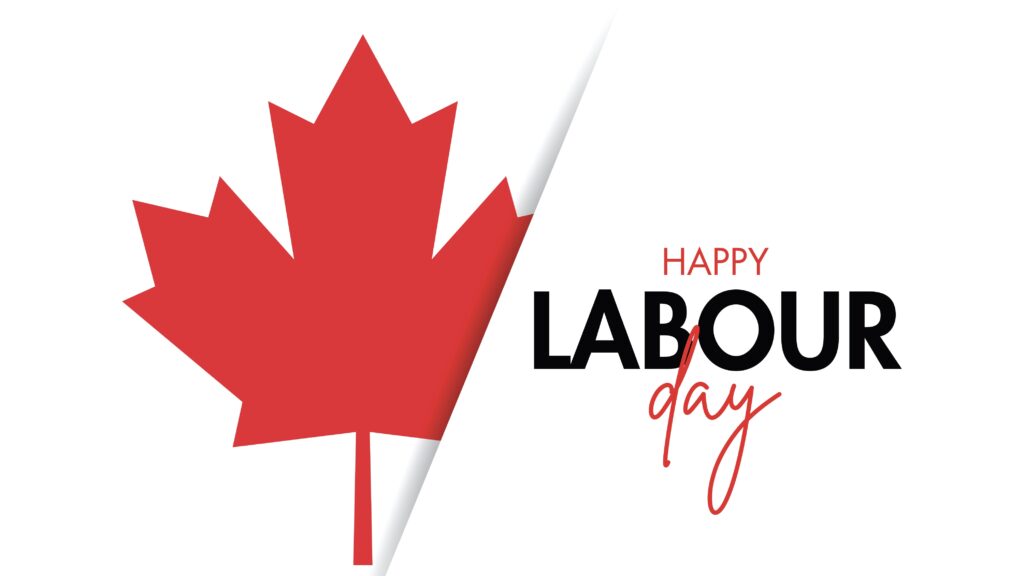
Since time immemorial, collaboration has always been our unique superpower.

Since time immemorial, collaboration has always been our unique superpower.

An AI turned an article I wrote into a pretty impressive podcast.

It is good to remind ourselves that we are all the beneficiaries of the work of others and that whatever one’s occupation, that should earn them our respect and gratitude.

Leaders say they want it, so how can they sustain organized maturity in the workplace?

Throughout history, societies have often glorified pursuits and behaviors that can be expected to shave many years off your natural life expectancy.

If you hold a leadership role of any type (and you probably do — whether at home, in school, at work or in the community more broadly), it’s good practice to pause once in a while and reflect on how well you’re doing on that front. But what’s the relevant frame of reference against which to assess yourself?

“Do we want a market economy, or a market society?” That is the uncomfortable question that philosopher Michael J. Sandel asks at the beginning of What Money Can’t Buy: The Moral Limits of Markets, first published in 2012.

We all face choices and trade-offs, it’s just part of life. Some are small and (likely) inconsequential – like picking between the pear and the custard at the dessert table last night.

In Canada, November is Financial Literacy Month and 2020 marks the 10th anniversary of this important national initiative. The focus of this year’s campaign, quite appropriately, is “to help Canadians learn how to manage their finances in challenging times.”

Work can be hard and it definitely has its highs and lows. But for many people, pride in a job well done ranks right up there in terms of what gives meaning to their lives. Does work get the respect it deserves for the reasons it should?